ORIGINAL RESEARCH
Published on 30 Apr 2024
Designer umbilical cord-stem cells induce alveolar wall regeneration in pulmonary disease models
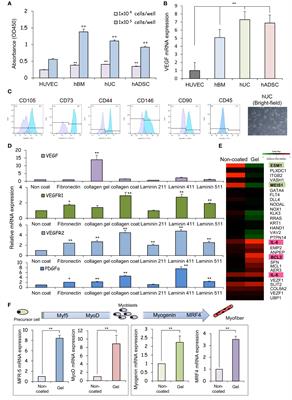
doi 10.3389/fimmu.2024.1384718
- 1,819 views
- 1 citation
26k
Total downloads
68k
Total views and downloads
Select the journal/section where you want your idea to be submitted:
ORIGINAL RESEARCH
Published on 30 Apr 2024

ORIGINAL RESEARCH
Published on 18 Mar 2024
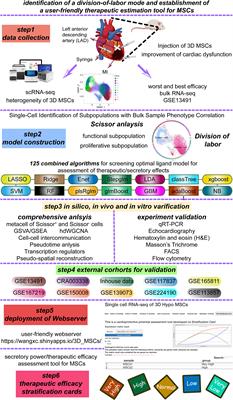
ORIGINAL RESEARCH
Published on 11 Jan 2024
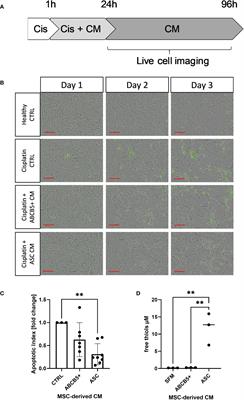
REVIEW
Published on 03 Jul 2023
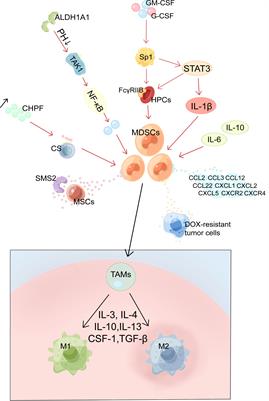
ORIGINAL RESEARCH
Published on 25 Apr 2023
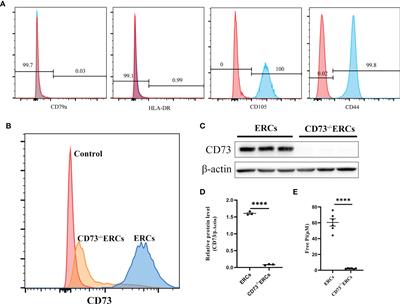
REVIEW
Published on 19 Jan 2022

ORIGINAL RESEARCH
Published on 10 Jan 2022

ORIGINAL RESEARCH
Published on 07 Jan 2022

ORIGINAL RESEARCH
Published on 04 May 2021

REVIEW
Published on 04 Feb 2021


Frontiers in Oncology